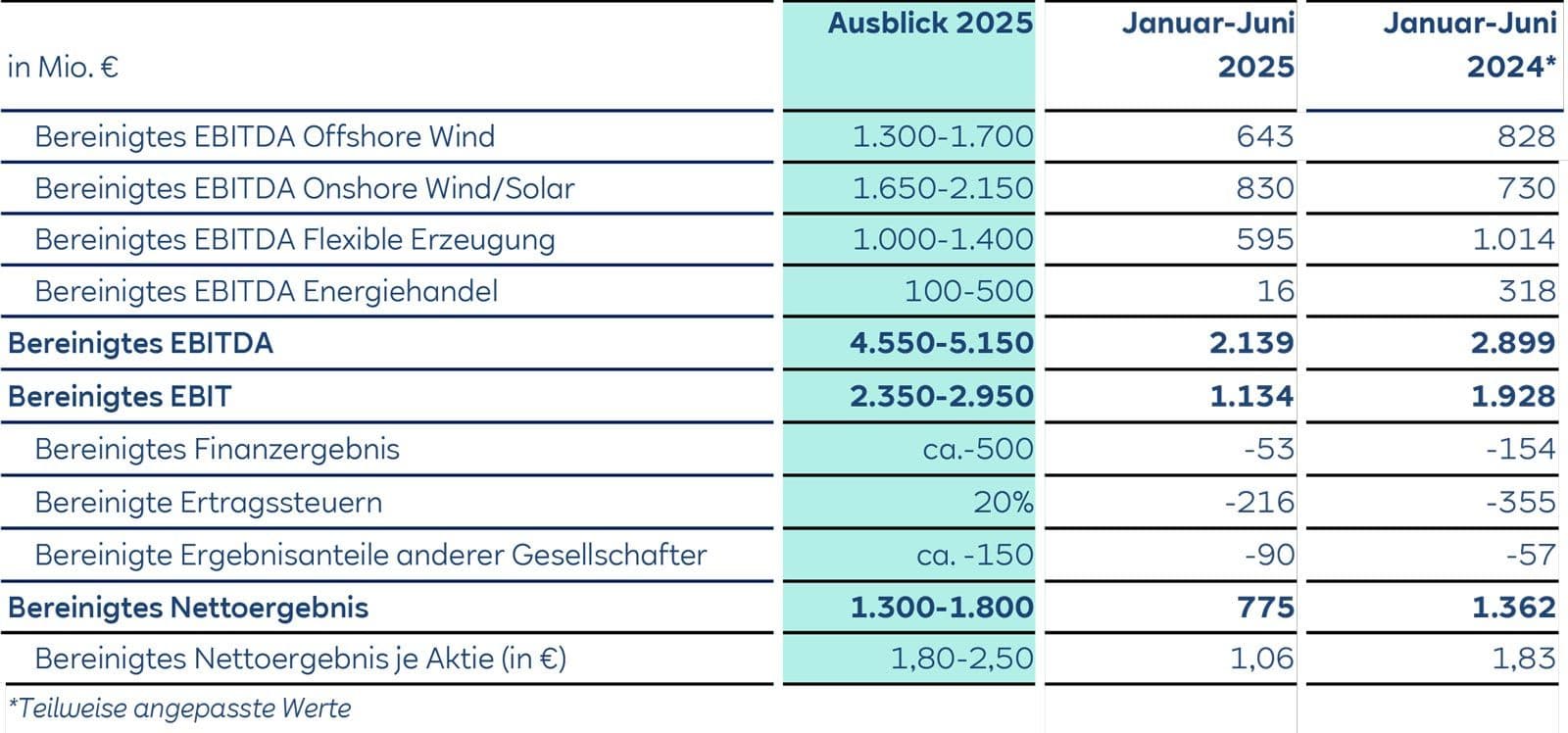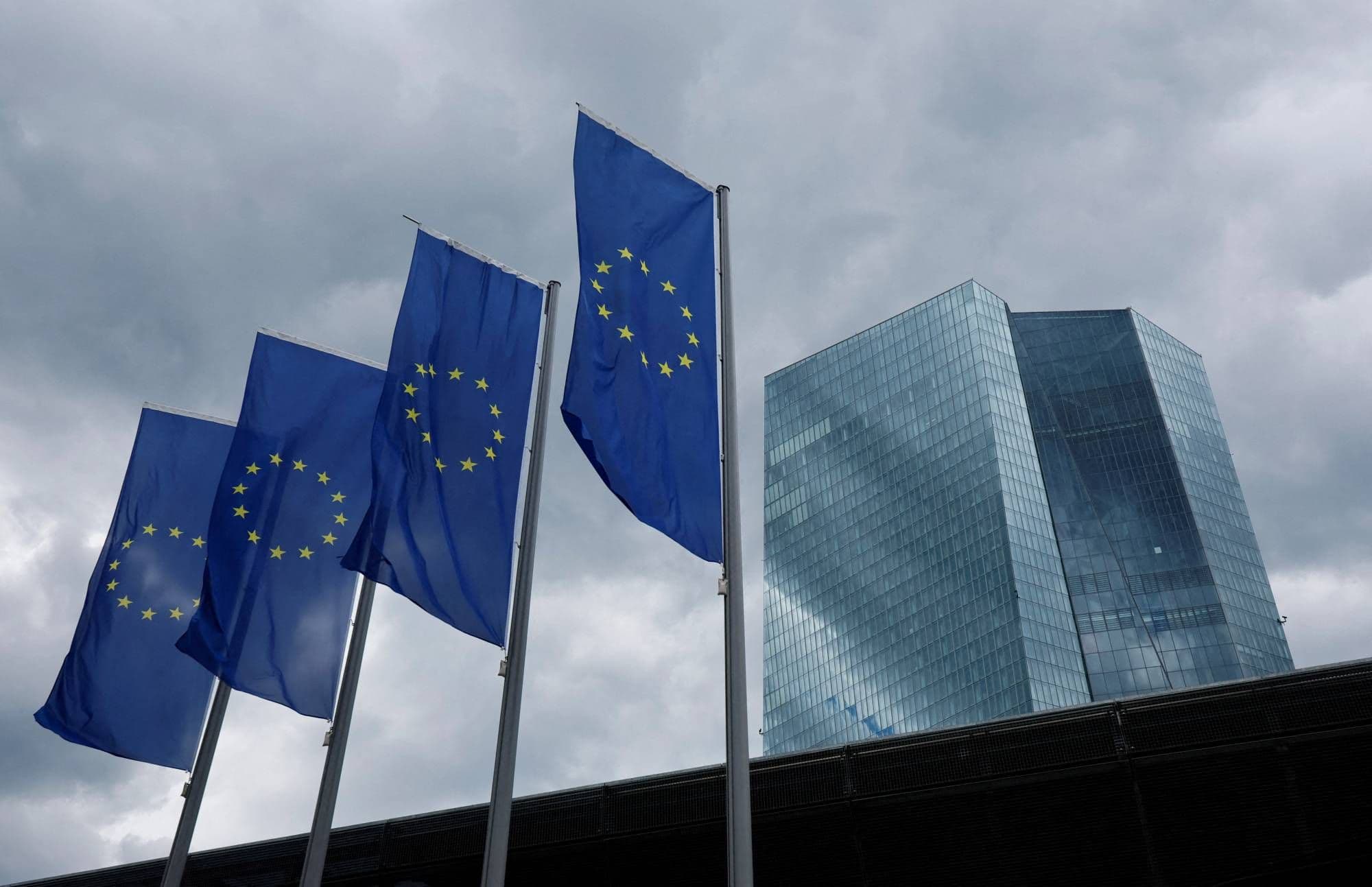Forging Europe's Financial Future: Wero's Bid for Digital Sovereignty
Unpack Wero's mission to reshape European payments, challenging PayPal for digital sovereignty. Discover its strategic growth, challenges, and the long-term vision.
Europe's Bold Gambit: Introducing Wero and Its Grand Vision
Europe is embarking on a pivotal journey towards financial autonomy with the launch of , a digital payment service spearheaded by the (EPI). This consortium, uniting a diverse array of European banks and payment service providers, introduced Wero in July 2024 with an ambitious goal: to forge a robust, home-grown alternative to the dominant US-based systems like , , and . At its core, Wero aims to diminish Europe's reliance on these external platforms, fostering greater digital sovereignty.
Wero's functionality is designed for modern convenience, enabling users to send money in real-time simply by knowing a recipient's phone number or email address, bypassing the need for complex IBANs or bank account details. Initially rolled out in through Sparkassen and Volks- and Raiffeisenbanken, it has since expanded its reach with a dedicated standalone app, now available via institutions like Postbank. Currently active in Germany, , and , with discussions underway to include , Wero represents a collective European effort to shape its own digital financial destiny. While market observers note its initial adoption has been somewhat gradual, EPI reports approximately 43 million registered users across its current operational markets, a significant foundation for its grand vision.
Challenging the Titans: Navigating the US-Dominated Payment Arena
Wero's journey is undeniably an uphill battle, as it directly confronts the formidable might of established US payment giants. The digital payments landscape in Europe has long been dominated by players like , which alone boasts 35 million active customer accounts in Germany – a figure that nearly matches Wero's total registered users across all participating European countries. This stark comparison highlights the immense challenge Wero faces in carving out significant market share.
The entrenched position of US competitors stems from their mature, widespread infrastructure, immense brand recognition, and extensive merchant networks built over decades. For many consumers and businesses, PayPal is synonymous with online payments, offering a level of convenience and trust that Wero must painstakingly earn. While the overall digital payments market continues to expand, offering space for multiple contenders, Wero must demonstrate its practical advantages and reliability to truly gain traction. It's not enough to be a European alternative; it must be a compelling one that offers comparable, if not superior, user experience and widespread acceptance to truly challenge the titans.
Building Momentum: Wero's Strategic Growth and Key Alliances
Despite the formidable competitive landscape, Wero is actively building momentum through strategic partnerships and expanding its accessibility. A crucial development in this growth trajectory is the impending integration of Wero by , Europe's largest direct bank. Scheduled to go live in Germany this August, this move will grant approximately ten million ING customers direct access to Wero, seamlessly integrated within their existing banking apps. , CEO of ING-Germany, underscored the strategic importance of this feature for the entire ING Group, which serves 40 million customers globally, signaling a significant vote of confidence in the European initiative.
This alliance with ING, following initial rollouts through cooperative and savings banks and the introduction of a standalone app, demonstrates Wero's multi-pronged approach to scaling. By integrating directly into widely used banking applications, Wero aims to leverage existing customer bases and simplify adoption. Such strategic alliances are vital, as they provide Wero with the necessary reach and credibility to compete effectively. While PayPal remains the undisputed market leader, Wero's success hinges on securing more such partnerships, transforming its vision into a tangible, accessible reality for millions of European consumers.
More Than Money: The Geopolitical Imperative of Digital Sovereignty
The drive behind Wero transcends mere financial transactions; it embodies a profound geopolitical imperative: digital sovereignty. The European Payments Initiative's explicit aim to reduce dependence on US payment systems speaks volumes about a broader strategic ambition. Relying heavily on non-European infrastructure for critical financial flows carries inherent risks, including potential vulnerability to external political pressures, data privacy concerns, and a lack of control over one's economic destiny.
As of ING aptly put it, "We Europeans do well to work on our own payment systems." This sentiment highlights a collective recognition that financial independence in the digital age is paramount. A truly sovereign digital economy means having control over the data generated by transactions, ensuring resilience against disruptions, and fostering innovation within Europe's own borders. Wero, therefore, isn't just a payment app; it's a strategic building block for a more autonomous, secure, and resilient European digital landscape, safeguarding its economic interests and protecting its citizens' data in an increasingly complex global environment. It's about asserting Europe's place as a digital power, not just a market.

The Long Game: Wero's Path to Ubiquity and a Connected Continent
Wero's journey is undoubtedly a long game, demanding sustained commitment and strategic patience. While it faces the immediate challenge of widespread adoption against entrenched incumbents, its ultimate vision extends beyond simply competing for market share. The ambition is to achieve ubiquity, becoming the default, seamless digital payment method across the entire European continent. This means frictionless cross-border transactions, interoperability between different national banking systems, and a unified digital payment experience for consumers and businesses alike.
The ongoing expansion, exemplified by the ING partnership and discussions with countries like Austria, are crucial steps towards this goal. Each new bank, each new country, brings Wero closer to creating a truly integrated financial ecosystem. This isn't just about P2P payments; it's about laying the groundwork for a comprehensive digital wallet that supports various transaction types, fostering a more connected and efficient European digital economy. Success will require continuous innovation, robust security, and unwavering support from the European banking sector and policymakers. Wero's path to ubiquity represents Europe's commitment to shaping its digital future, ensuring that its financial infrastructure remains firmly within its own control and serves the collective interests of its citizens and businesses.
Related Articles

The Unseen Pillars of Finance: When a Glitch Unsettles Trust and Balances

The Unseen Pillars of Finance: When a Glitch Unsettles Trust and Balances

RWE's Strategic Current: Navigating Market Swings Towards a Greener Horizon

RWE's Strategic Current: Navigating Market Swings Towards a Greener Horizon

Europe's Silent Reckoning: Unpacking the Decade-High Bond Yields and Future Shockwaves

Europe's Silent Reckoning: Unpacking the Decade-High Bond Yields and Future Shockwaves

The Continent's Breath: How Europe's Climate Choreographs Life, Landscapes, and Futures
